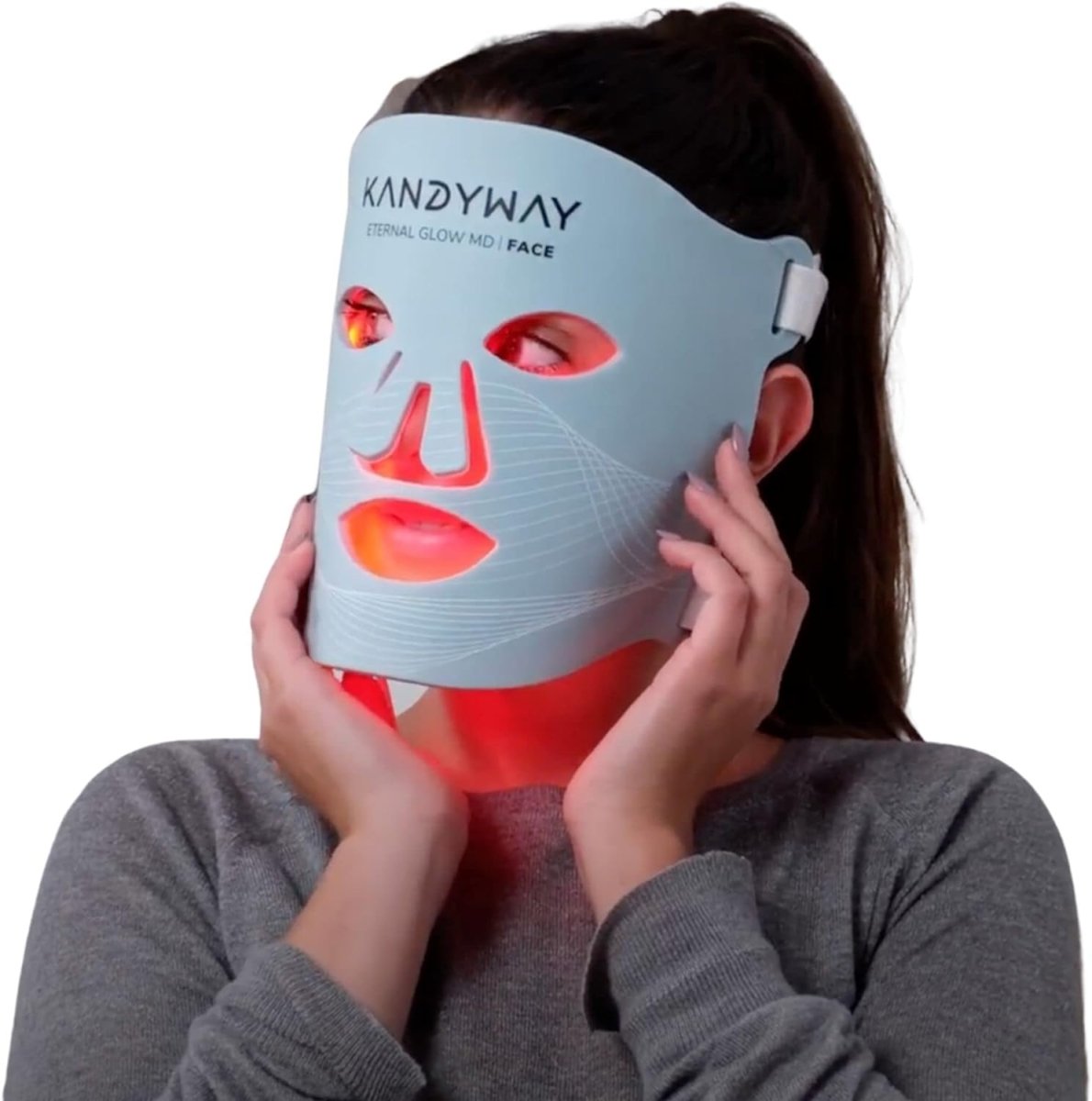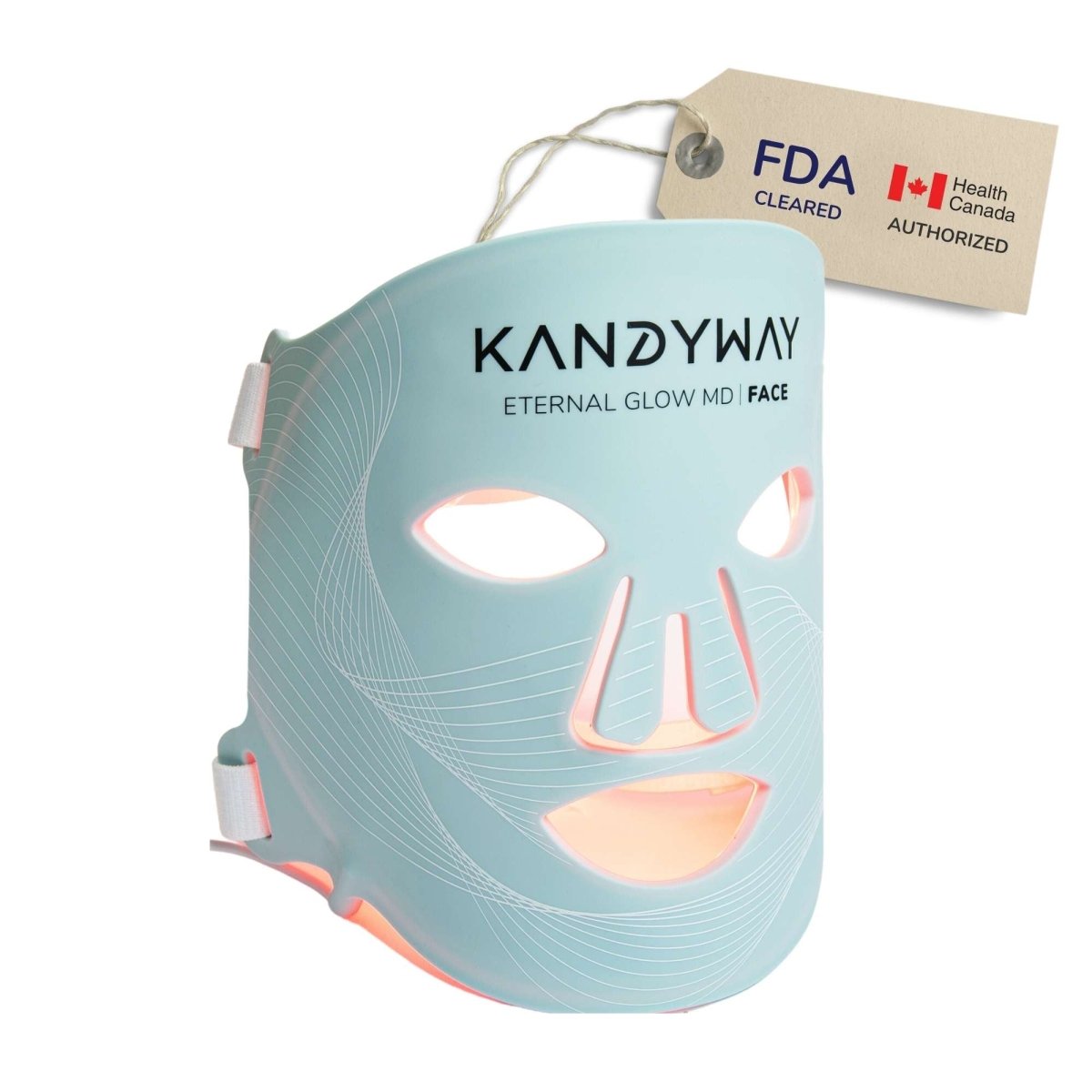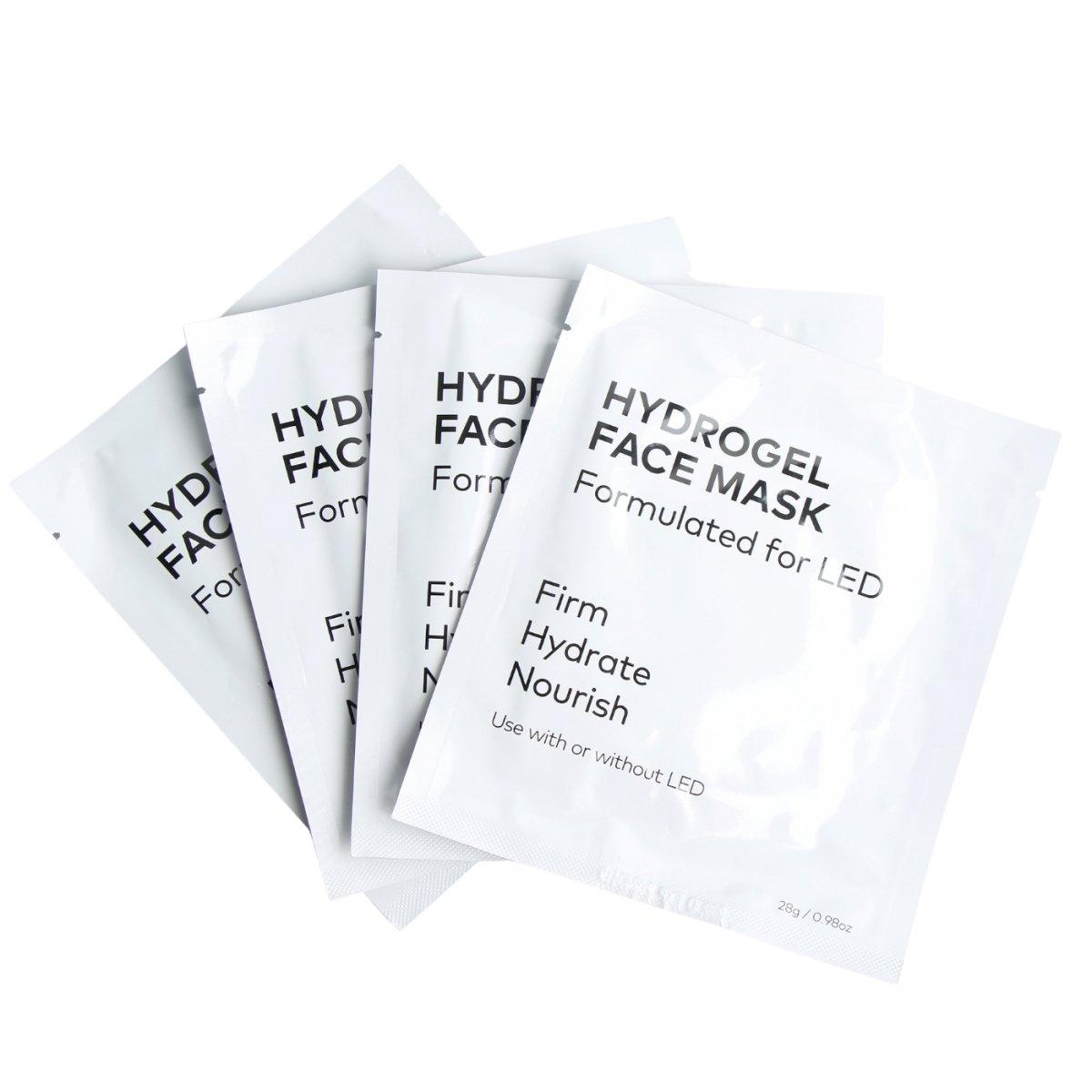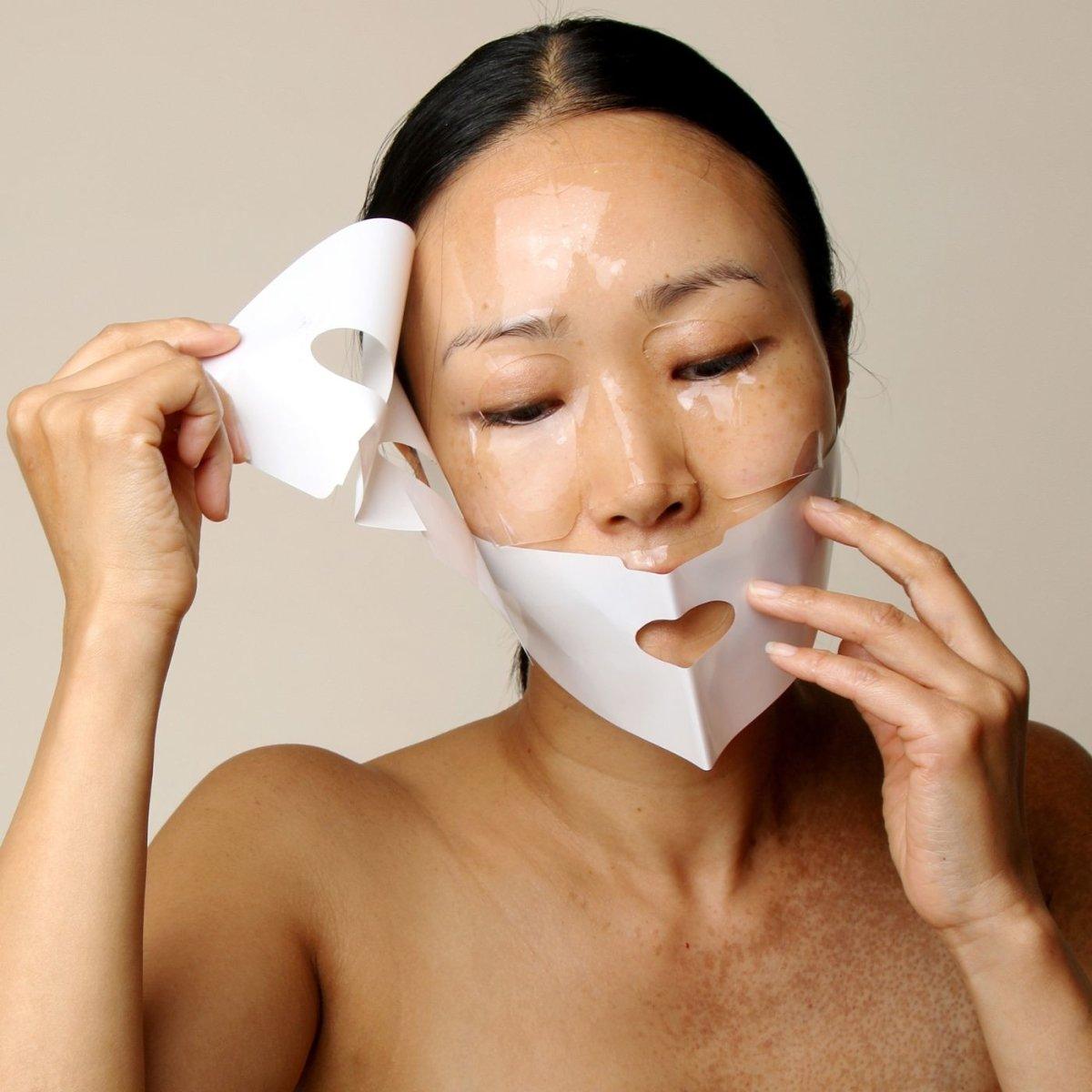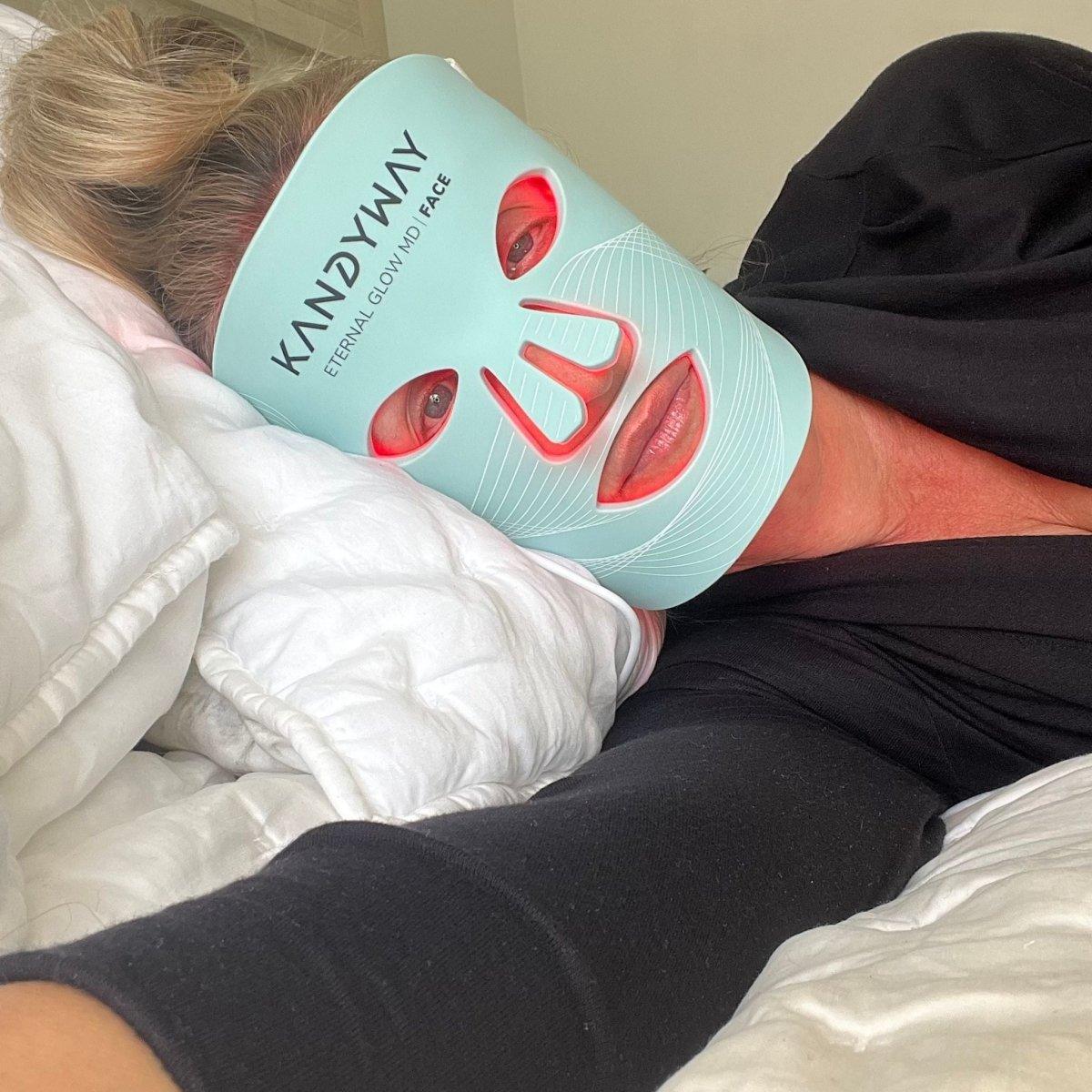The skin is a remarkable organ; It keeps us looking young for longer than we want to admit. But sometimes our skin can start to look like... well... old skin. So what can you do about it? We'll help you find out!
Hydrate, hydrate, hydrate

What's the best way to keep your skin hydrated? Drink lots of water. A recommended eight glasses (or 1.5 liters) per day should help you, but if that doesn't sound like much, trust us—it is.
One of the best things about drinking water is that it's cheap and easy to find. Plus, there are no side effects! So make sure you have a glass at hand whenever possible. And not just when you're thirsty either: drink up as much as possible throughout the day so that your body stays hydrated even when it doesn't feel like it needs anything extra in its belly (which will lead to other problems down the road).
Less is more
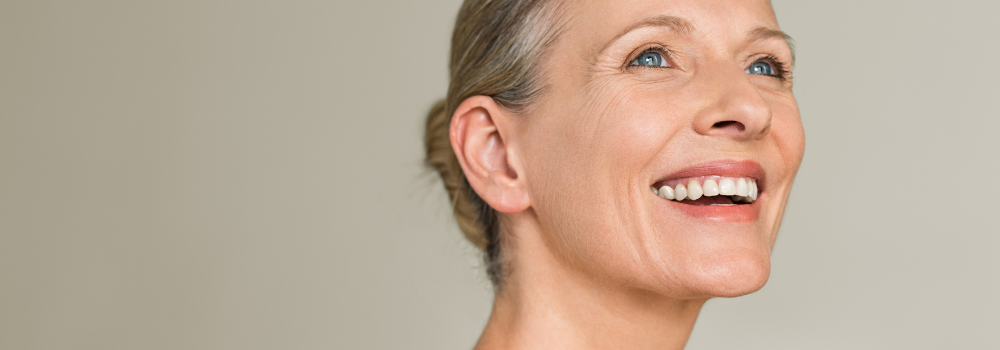
You can spend a little money on skincare products. The less you use, the better your skin will be. The more expensive and luxurious your moisturizer is, the more likely your skin will break out. Less is more when it comes to skincare products!
When it comes to aging skin: less is more. As we age, our skin loses its ability to hold onto moisture and becomes drier, especially in colder months or if you live in an area with low humidity year-round (like I do). So we need products with ingredients like hyaluronic acid and glycerin to help keep our cells hydrated so they don't prematurely age before their time. You can find these products at any drugstore or supermarket for under $10.
Facials and Masks

The first step in getting your radiance back is to get a facial. A good facial can help clear up acne, exfoliate dead skin cells and deeply moisturize the skin. Facials are also great for helping reduce stress and relax your mind.
A professional aesthetician will know precisely how often you should get one, but getting one 2-3 times per month is a good guideline. If you have sensitive or dry skin, it's best not to use any products with alcohol or fragrances that could irritate your face or over-dry it—you don't want to exacerbate existing problems!
When preparing for a facial at an aesthetician's office, ensure you're clean and free of makeup before going into their room—they'll probably ask about this anyway so that they know what kind of treatment would be most beneficial for you, an individual client. Also, if there's anything specific about yourself (like acne) that needs extra attention during the appointment (such as extractions), let them know so they can prepare accordingly!
Potions to help your skin?

POTIONS! Do you know what a "brew" is? It's a fancy word for any skin care product that comes in a bottle, jar, or tube. These products usually have different ingredients, which can help your skin in many ways. For example:
- Potions can be moisturizing and soothing. They might contain oils for dry skin and lotions made with natural ingredients like aloe vera or lavender oil.
- Some options treat acne or inflammation caused by conditions like eczema or sunburns (which isn't fun). These potions will help remove any extra oil from your face, so it doesn't clog up your pores - yuck!
You are what you eat

You are what you eat, and your skin is no exception. The food you consume can directly impact your skin's health, so it's essential to keep this in mind while planning meals. Start with a healthy diet if you want great-looking skin from head to toe. Here are some tips for eating well:
- Eat more fresh fruits and vegetables. This can be done by adding more produce to your grocery cart or creating fun recipes with these ingredients (like smoothies). Either way, ensure these foods make up at least half of each mealtime plate!* Avoid processed foods like chips and candy bars.* Don't skip breakfast! It's essential to fuel up in the morning with something balanced—this may mean skipping out on sugary cereal if it has hydrogenated oils or high fructose corn syrup (HFCS) listed as an ingredient.
- Buy affordable options when possible; don't go overboard on fancy foods just because they're available at specialty stores. Keep track of how many calories you're taking in each day—eating fewer than 2200 calories per day is likely too low for most people. Try eating less meat; opting for vegetarian fare will reduce saturated fat intake without sacrificing protein sources such as beans or tofu
Choose a sunscreen that blocks both UVA and UVB rays

Sunscreen is the most crucial step in your daily routine. You should wear it every day, even if it's cloudy. SPF stands for Sun Protection Factor and measures how much UVB protection a sunscreen provides. UVB rays burn your skin (think sunburns), but they also cause wrinkles and aging over time. Dr. Jegasothy says that when choosing a sunscreen, look for one that offers both UVA and UVB protection—a good rule of thumb is to look for SPF 30 or above with broad spectrum coverage (which means it blocks both UVA2 and UVA1).
Look for products that have antioxidants like Vitamin C

It's essential to look for products with antioxidants like Vitamin C to fight the signs of aging. This powerful antioxidant helps fight free radicals, which are molecules that can damage cells in your body and lead to wrinkles. It also supports collagen production, which is essential for maintaining healthy skin. And if you're concerned about dark spots and fine lines, topical vitamin c may help reduce their appearance too!
Additionally, vitamin C is an essential ingredient in protecting against environmental damage such as sun exposure—no matter how old you get or how many times you've been through the wringer with acne scars or other blemishes (like me), sun protection always matters! Choose a product with 5% vitamin C (or higher) to get maximum benefits from this potent antioxidant.
Take care of your skin by using natural products and keeping it clean and hydrated

Taking care of your skin is essential, and there are many ways to do it. One way is by using natural products. Another is by keeping your skin clean and hydrated.
If you want to keep your face looking young and healthy, try washing it twice daily with warm water, soap, or a gentle cleanser. In addition, it would be best to use a mask at least once a week and moisturize daily with lotion or oil made from natural ingredients like olive oil or coconut oil. If possible, avoid smoking or drinking alcohol as these can damage the skin over time; eat healthy foods that contain nutrients such as vitamins A (found in carrots), C (found in oranges), D (cow's milk), and E (sunflower seeds), as well as omega-3 fatty acids found in fish such as salmon!
Red light therapy mask for skin rejuvenation

Red light therapy is a non-invasive, painless treatment that helps improve skin appearance. It can be used on the face, neck, decolletage, and hands. Red light therapy is suitable for all skin types, boosts collagen production, and makes the skin firmer and more flexible. This treatment can be used alongside other treatments, such as microdermabrasion or chemical peels, to help achieve even better results.
Red light therapy helps reduce fine lines and wrinkles by increasing collagen production, plumping up your skin, and making it look smoother with less wrinkling.
Conclusion
You don't have to be young to be beautiful. You need to take care of yourself, including your skin. You can have glowing skin at any age with the right products and techniques!





